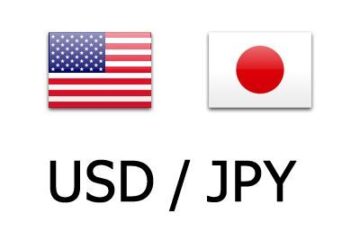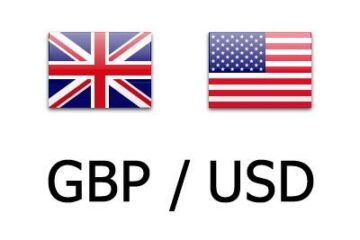Macy’s (M) , which owns Bloomingdale’s and Bluemercury, is one of the few nostalgic mall retail giants that survived the Covid pandemic, a period that caused several retailers to either file for bankruptcy or go out of business. After surviving the pandemic, Macy’s is now battling a startling shift in customer behavior.
In Macy’s first-quarter earnings report for 2025, it revealed that its comparable store sales declined by 2% year-over-year during the quarter.
💵💰Don’t miss the move: Subscribe to TheStreet’s free daily newsletter 💰💵
The shrinkage in sales contributed to the company earning a total revenue of roughly $4.7 billion during the quarter, which is about 4% lower than what it earned during the same time period last year.
Related: Ross Stores makes drastic decision customers will see in stores
As Macy’s struggles with lower sales, the average number of visits customers made to each of its locations dipped by 0.2%, according to recent data from Placer.ai.
Macy’s customers are in for an unpleasant surprise.
Image source: Robert Alexander/Getty
Macy’s CEO raises red flag about a major problem
During an earnings call on May 28, Macy’s CEO Tony Spring said that while the company performed strongly in March and April, its performance in February lagged due to unseasonable weather.
He also said that despite recent changes in the economy, consumers (with both low and high income levels) continue to shy away from making discretionary purchases.
“Discretionary spending is something that I think we’ve seen from the middle of last year kind of forward, that as inflation subsided a little bit, as gas prices became more affordable, the consumer still felt the pinch of other costs that were rising,” said Spring. “And so, we’re maintaining our aggressive position in trying to make sure that we’re capturing our fair share. I would say at the high end, the consumer is not obviously pressured, but they remain choiceful, and they don’t like uncertainty.”
Related: Home Depot struggles to reverse concerning customer behavior
In order to help combat this concerning trend, he said that Macy’s will continue to offer “newness” to customers.
“So the consumer remains under pressure but is responding to newness, is responding to good value, is responding to improved presentation, is responding to inspiring marketing,” said Spring. “I think we can control some of these elements. I can’t control how much discretionary spend the consumer is willing to lay out, but I can control the quality of our execution.”
Macy’s customers are in for an unpleasant surprise
As shoppers become more cautious about making discretionary purchases, Spring also warned that customers may soon see higher prices in Macy’s stores due to tariffs (taxes companies pay to import goods from overseas).
Last month, President Donald Trump imposed a 10% baseline tariff on all countries and paused reciprocal tariffs. The pause on reciprocal tariffs will end in July, and as a result, roughly 60 countries will soon see increased tariff rates. This will likely have a domino effect, resulting in U.S. consumers seeing higher prices for goods.
Spring said that Macy’s is “slowly” implementing price increases in its stores, highlighting that the company will be “aggressive on pricing” and will remain “very competitive.”
“I would say the pricing is working its way into the system slowly,” said Spring. “So you certainly saw little to no pricing in the first quarter. You’re seeing some limited pricing in the second quarter.”
More Retail:
Costco quietly plans to offer a convenient service for customersT-Mobile pulls the plug on generous offer, angering customersKellogg sounds alarm on unexpected shift in customer behavior
During the earnings call, Macy’s Chief Financial Officer Adrian Mitchell emphasized that the company isn’t solely using price increases to combat the threat of tariffs but is also being “incredibly surgical” about how it handles them.
This includes negotiating with vendors to obtain brands and styles that customers are interested in buying. It has also shifted more of its production away from China, which is one of the countries on which Trump imposed high tariff rates.
Macy’s has even canceled and delayed certain orders that couldn’t be obtained from vendors at a fair price.
“We’ve been able to gain some vendor discounts, which has been helpful to us, but we’re absorbing some of that price as well,” said Mitchell. “So we’re making selective price increase(s) in selective brands, selective categories, because we believe the value equation for the customer is still very relevant.”
The move from Macy’s comes at a time when many consumers are changing their spending habits to prepare for the impact of Trump’s tariffs.
According to a recent survey from Harris Poll and Bloomberg News, 56% of Americans said their household finances would be better off if Trump’s tariffs were never enforced.
Also, three in five Americans said they are cutting back their spending due to concerns about a potential recession. Additionally, more than 70% said they are eating out less, and 57% said they are spending less on entertainment.
Related: Veteran fund manager unveils eye-popping S&P 500 forecast


